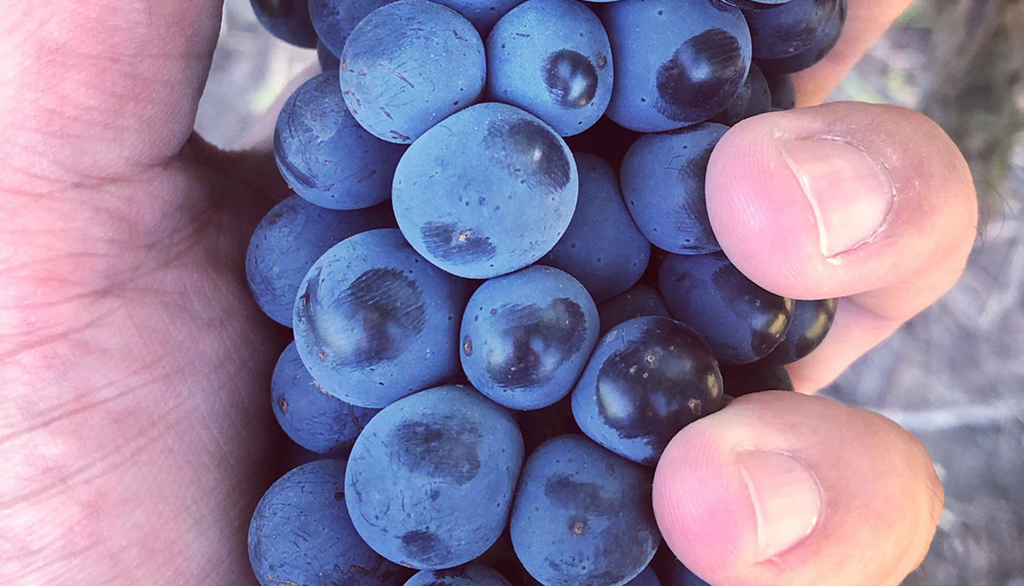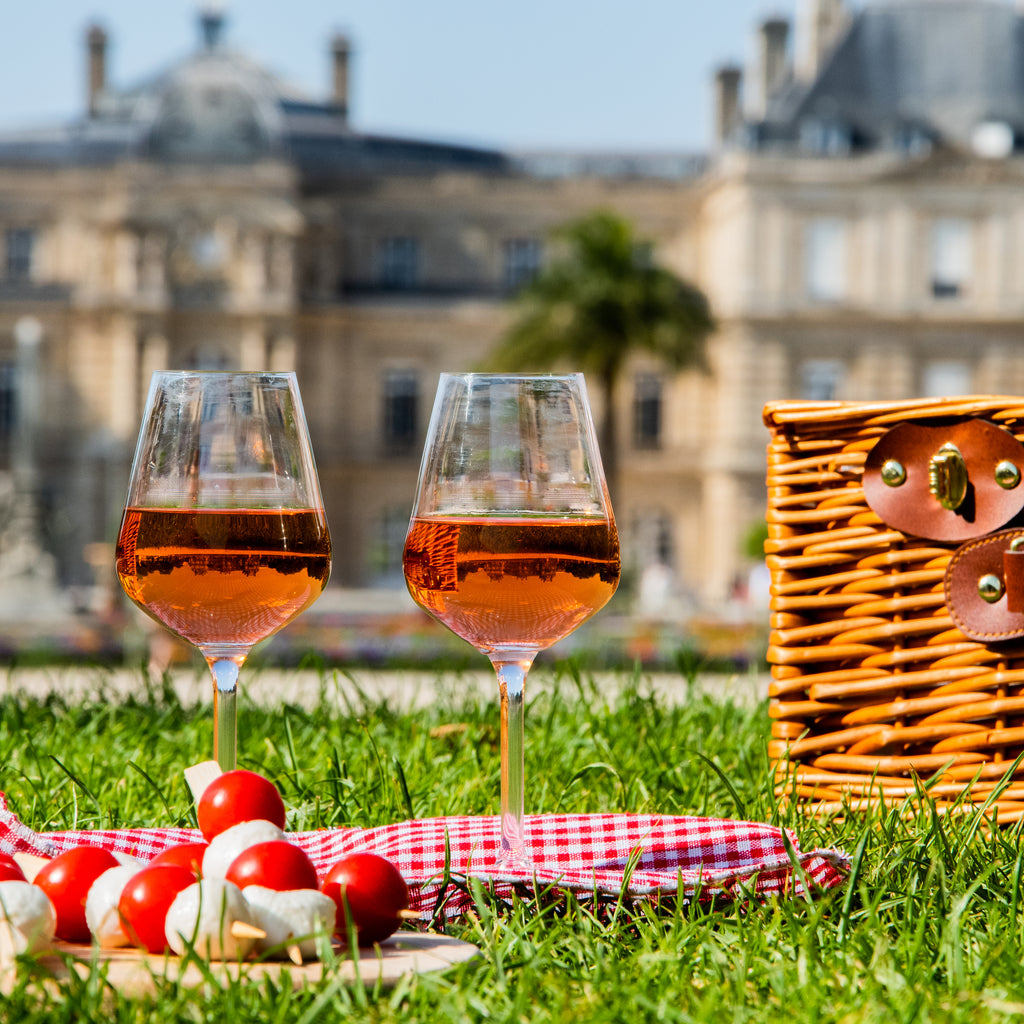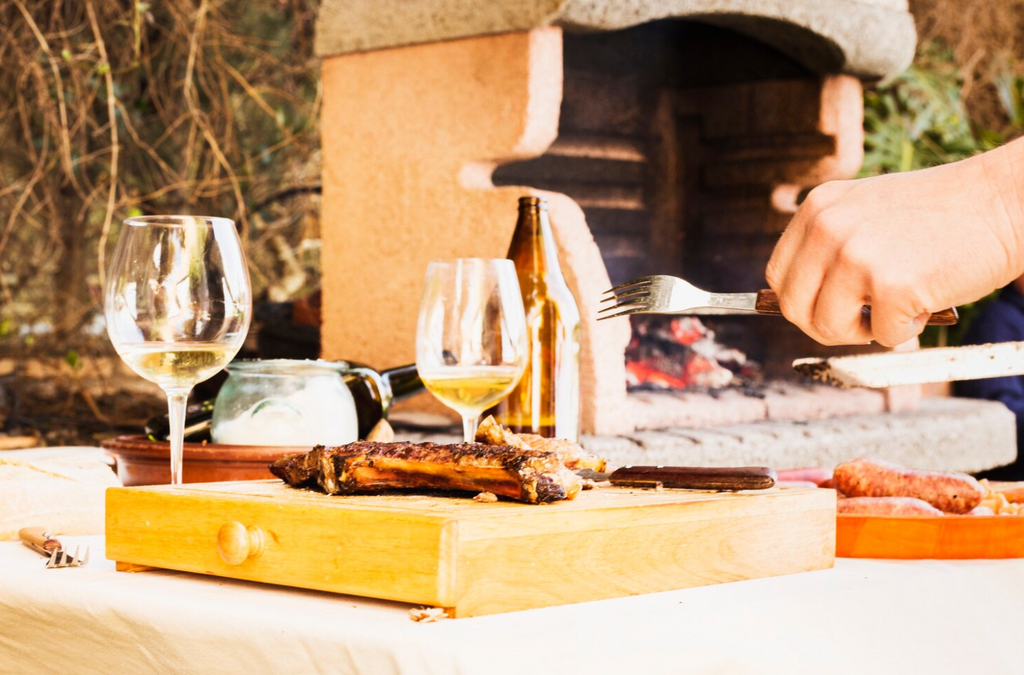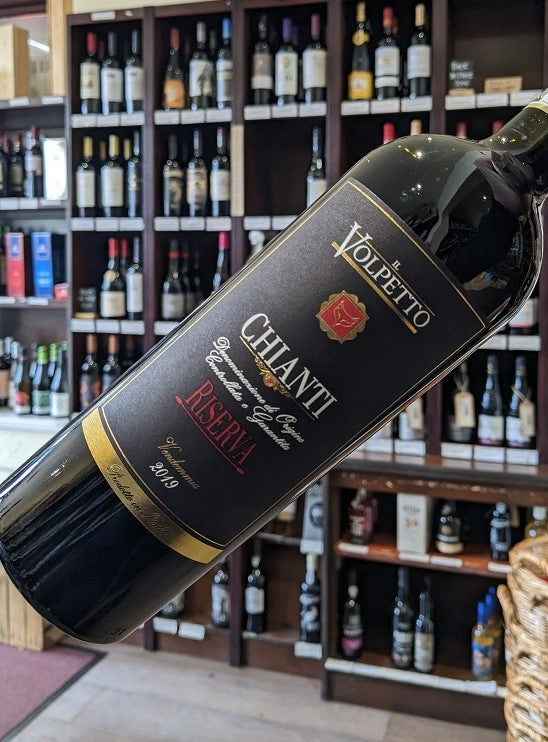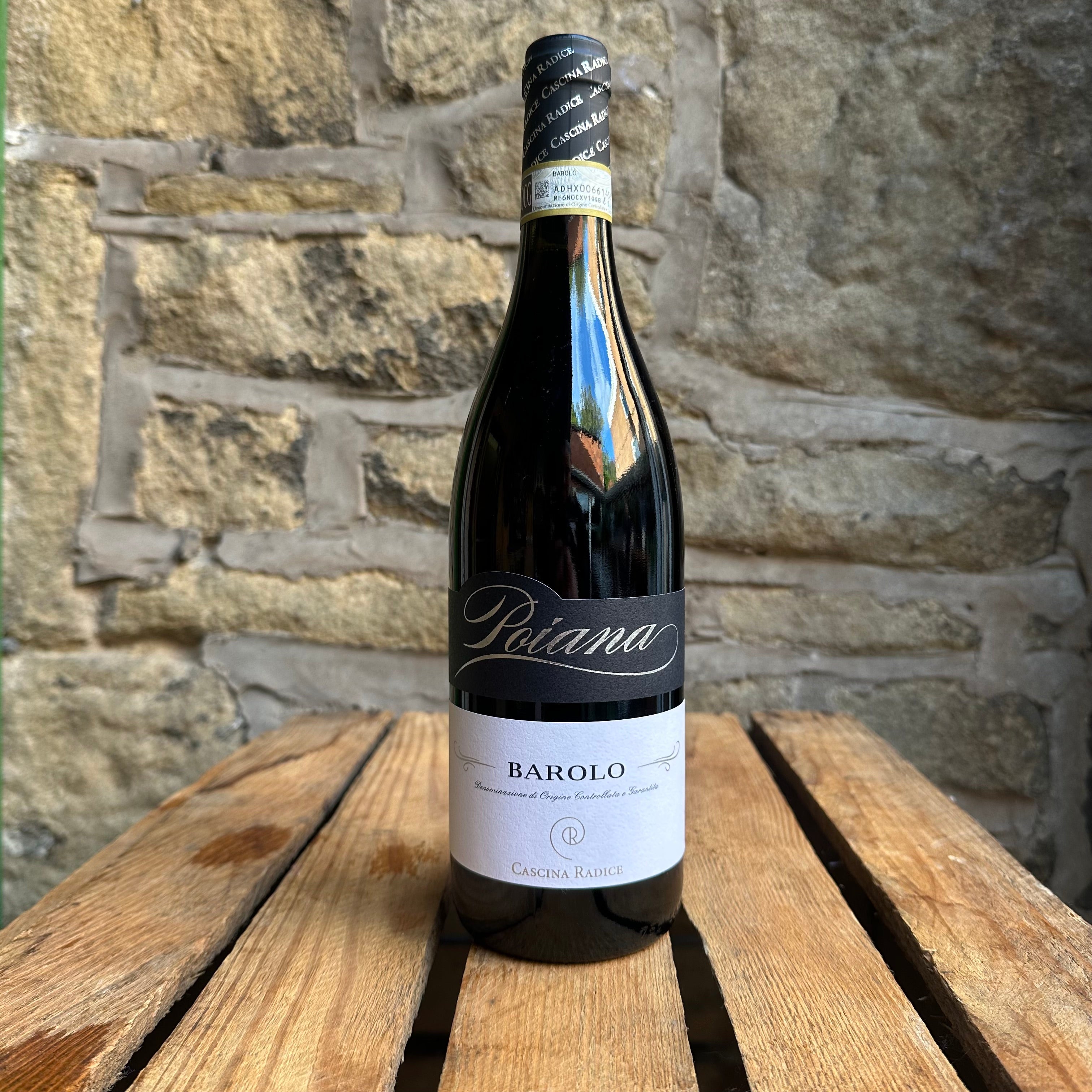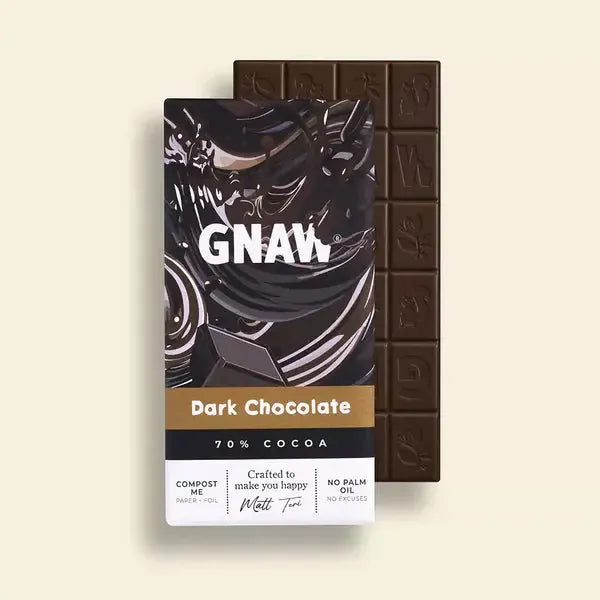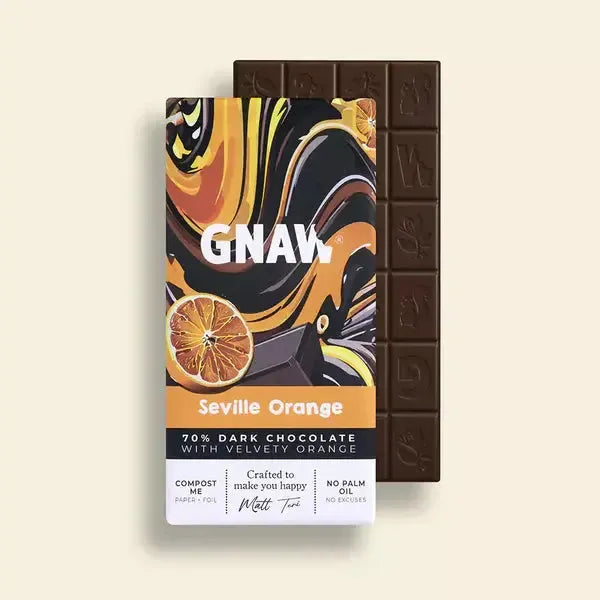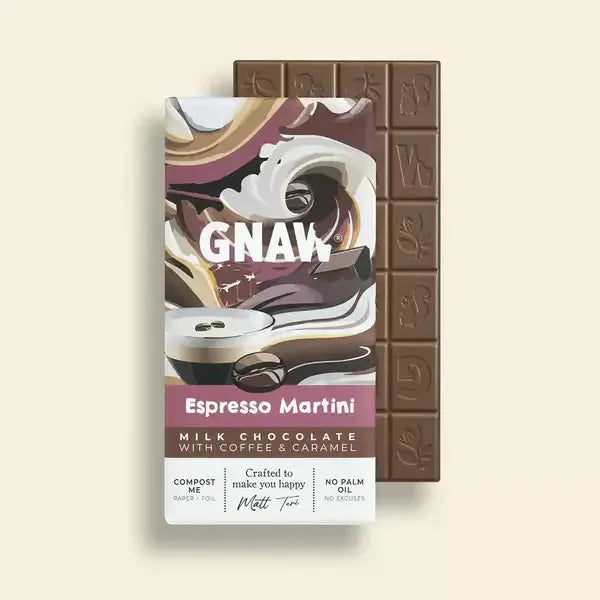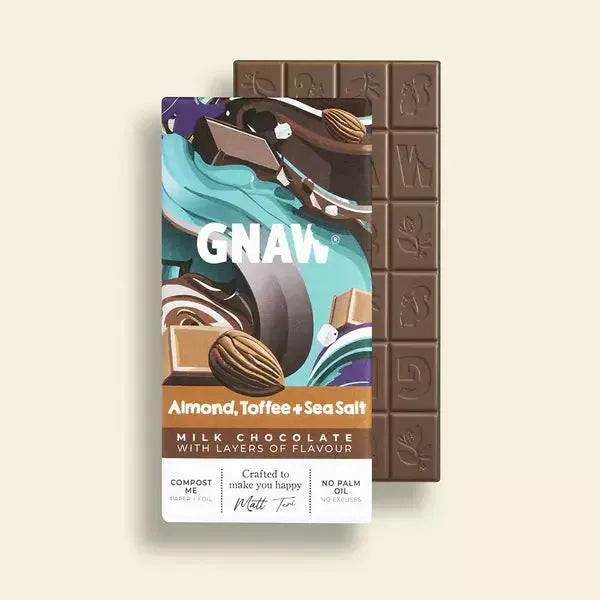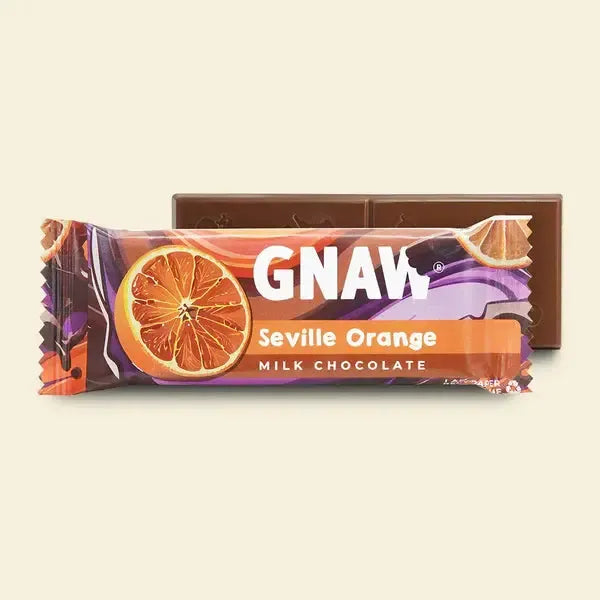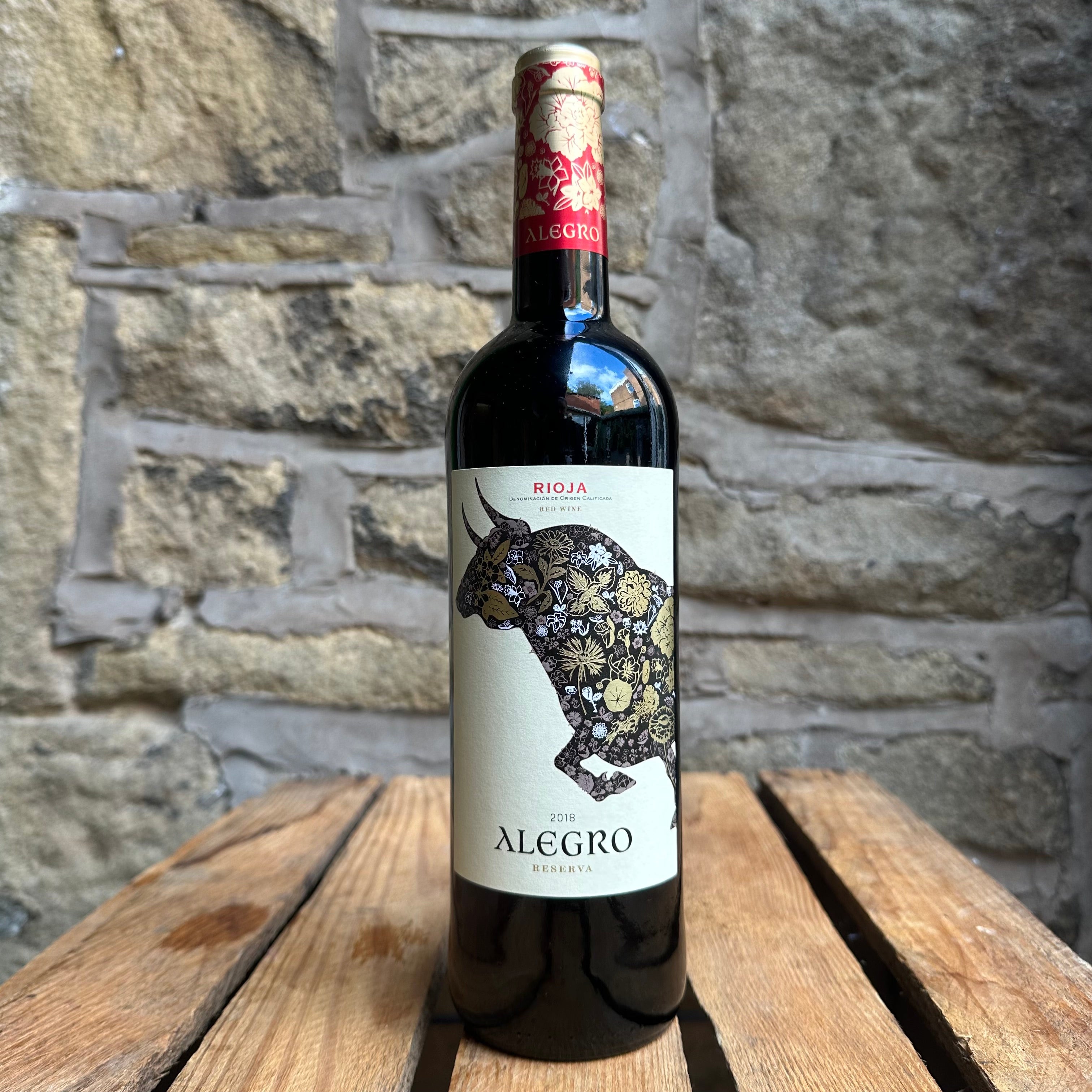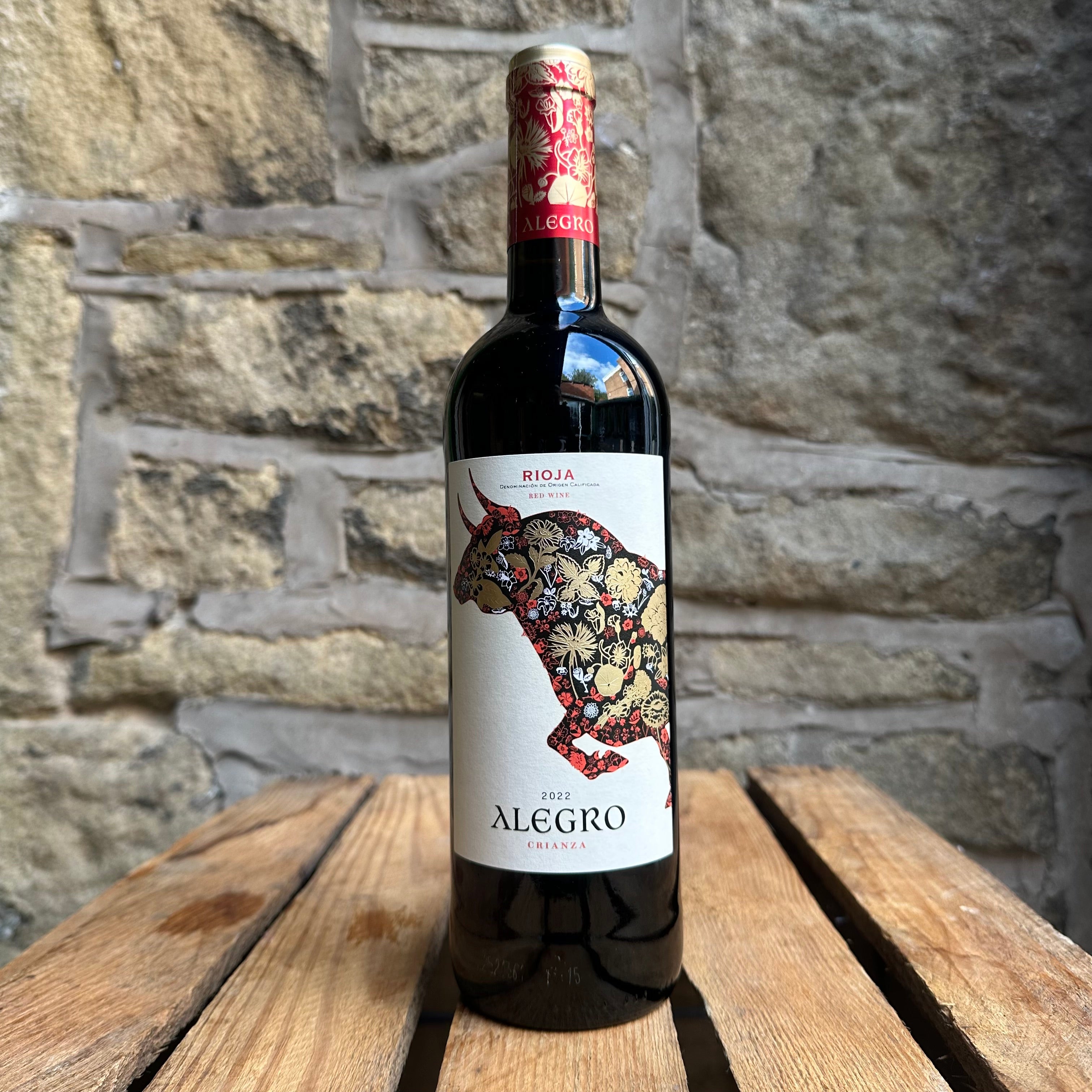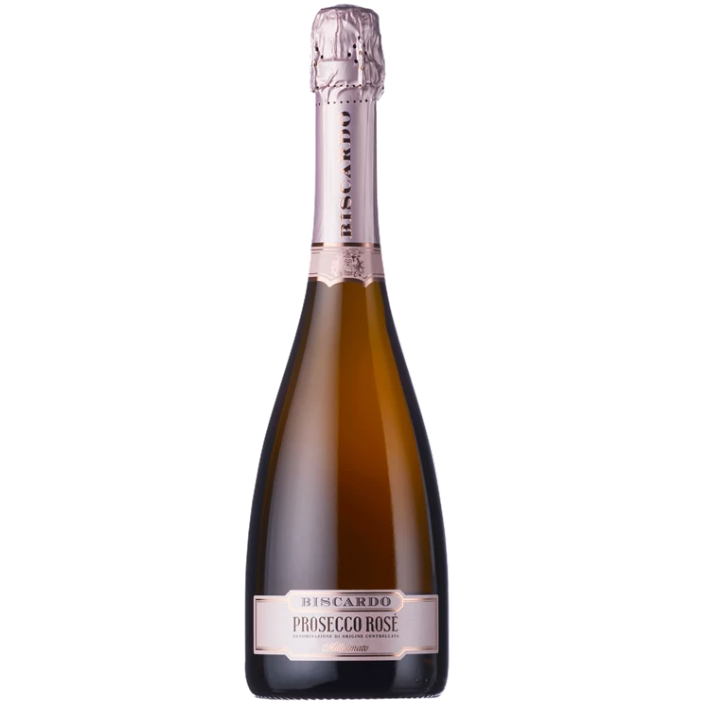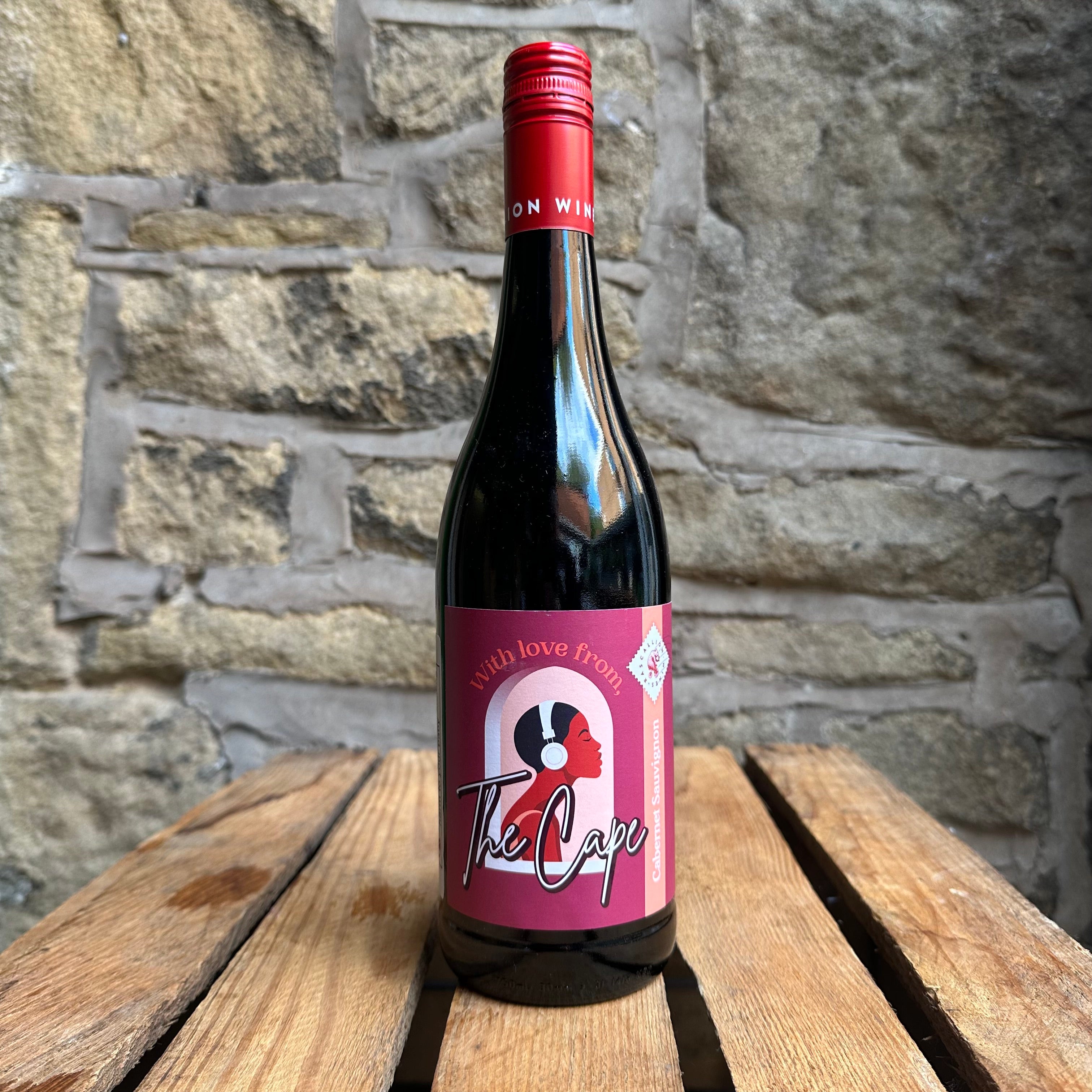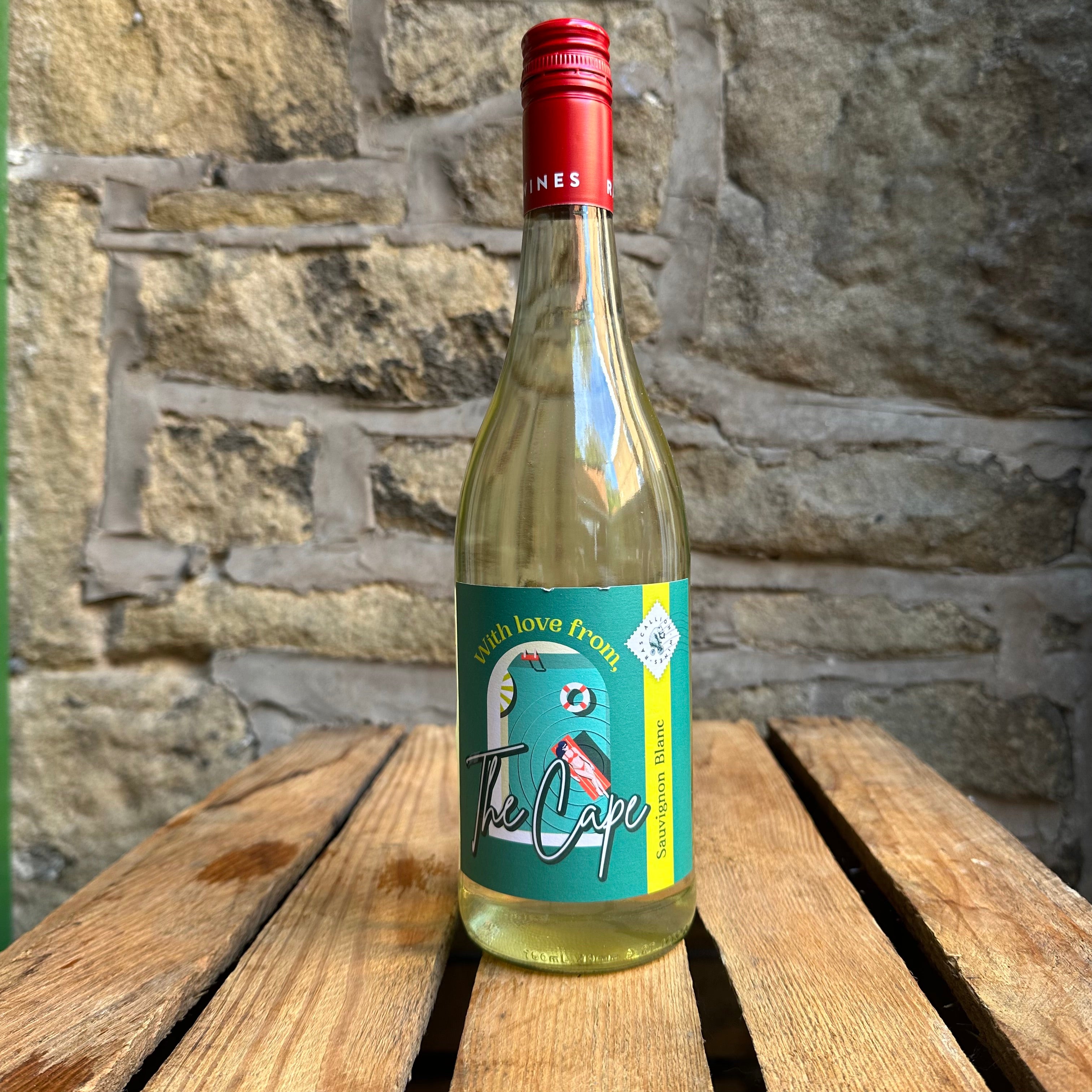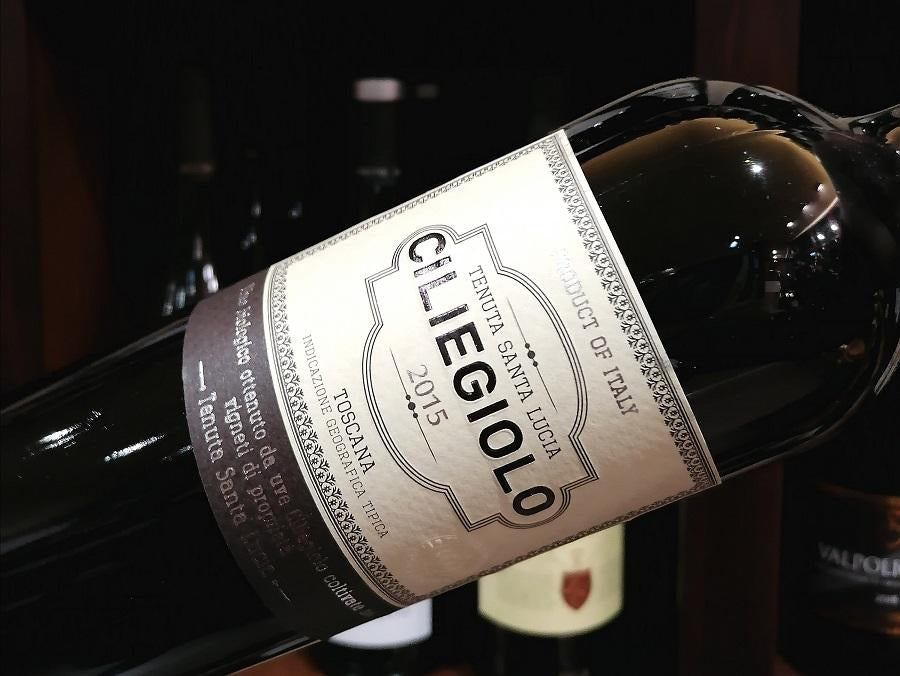
VIVA ITALIA!

The best part of working with wine is sampling new grapes when expanding our selection. With over 10,000 wine grapes across the world, there are many to be sampled! Our Italian range has now benefited from two brand new varietals, as well as two classic that we fell in love with. Let's have a taste!
Ciliegolo is an Italian term for 'cherry' and is, as expected, known for the lush cherry red appearance of wines produced from it, as well as abundant fresh and juicy cherry aromas and flavours. Most likely a natural hybrid of native grapes, it originates from Tuscany and is now grown across central Italy, where vines enjoy the warmth of hillsides. Neglected as a varietal and often used in blends, its vineyards dwindled to just 5k hectares. Now enjoying a big resurgence amongst winemakers, this previously underappreciated grape is celebrated for that cherry profile alongside good alcohol content, lively flavour, soft texture and gentle tannins, Generally best consumed in its youth, it is an easy drinking partner for light meals and a good red wine to accompany white meats.
Pictured is the beautiful Tenuta Santa Lucia Ciliegiolo (£13.00 -13%) blends mainly Ciliegiolo with just a hint of Sangiovese - a grape that Ciliegiolo is known to complement harmoniously. Grapes are grown in the winery's low-yielding, organic vineyard on the Tuscan coast near Pisa. Fermented in stainless steel for 10 days and settled for a further 4 months before bottling, it is a light and fruity red which cascades cherry, raspberry, prune and a touch of herbs. Supple with a balanced long and silky finish, it pairs well with Tuscan bean soup, crusty bread and olive oil, roasted pork, beef and mature cheeses.
Nerello Mascalese has a prefix meaning 'black' due to the dark colour of the grapes and bold wines that they produce. Its close relation, Nerello Cappuccio is often a blending partner and produces lighter bodied wines but is less widely grown or used as a varietal. Nerello Mascalese thrives in the high elevation vineyards on the volcanic slopes of Mount Etna in Sicily where the grape, a natural hybrid, is thought to originate. Although present since the 19th century, it is undergoing a recent renaissance thanks to modern technology opening up new viticultural areas outside Mount Etna without reducing quality. The concentrated character of its wine combines mineral refreshment and high tannins. Lots of dark fruit flavours mingle with herbaceous and earthy nuances making it an excellent partner for game, wild mushrooms, spicy risottos and strong tomato pasta dishes.
Molino a Vento Nerello Mascalese (£12.10 - 13.5%) is a medium bodied example created from grapes grown in the sandy soils across western Sicily. 12-15 days of fermentation with daily pump overs and racking precedes maturation in stainless steel with minimal oak contact to preserve fresh fruit flavours. Herbaceous and slightly spicy with aromas of cinnamon and pepper and luscious flavours of wild berry, it works best for pasta dishes with tomato-based sauces.
Moving on to a classic, the Montepulciano grape is renowned in the region of Abruzzo where it brings high yields on the low hills and flatlands of the coast. The soft profile and tannins make it an appealing youthful wine that is a great blending partner. Earthy, rustic and rich with fruit flavours such as blueberry, plum, raspberry and cherry partnering pepper, subtle spice and sometimes hints of leather. A wine that calls out to be paired with classic Italian dishes. The newest wine to add to our collection is Feudi D 'Albe Montepulciano (£10.00 - 13.5%) is a deep wine that once fermented, is left to mature for 12 months in stainless steel tanks and concrete vats. 15% isaged in oak to add a subtle complexity to the final blend. Aromas of red berries, blackberries and black cherry lead to a generously flavoured, dry wine with a hint of liquorice, soft tannins and a satisfying finish. Try with spicy sausage, lamb, beef and pizza.
Aglianico hails from southern Italy and is mainly grown in Campania and Basilicata. Naturally high tannins and acid make it ideal for long ageing in the bottle where it gains complexity whilst softening the palate profile. Full and rich, it can keep when produced and stored well for 10 to 20 year. Fruit such as bramble, ripe plum, raspberry and black cherry typically complement chocolate, white pepper, liquorice and subtle leather. Age brings gamey elements, smoke, coffee and dried figs. Go for bold with food; game, beef, smoked or grilled meats and chilli. New in store is Feudi Di San Gregorio Aglianico (£11.60 - 13%) A youthful example, it spends minimal time ageing to produce a silky smooth and genuine taste. Fermentation and maceration is in stainless steel tanks for 2-3 weeks, followed by 4 months maturation in stainless steel vats. Aromas of black cherry and raspberry follow through on the bold, taut and full bodied palate. Excellent balance with freshness and a touch of liquorice and pepper on the finish, it is ideal with grilled meats, roast pigeon or aubergine parmigiana.


